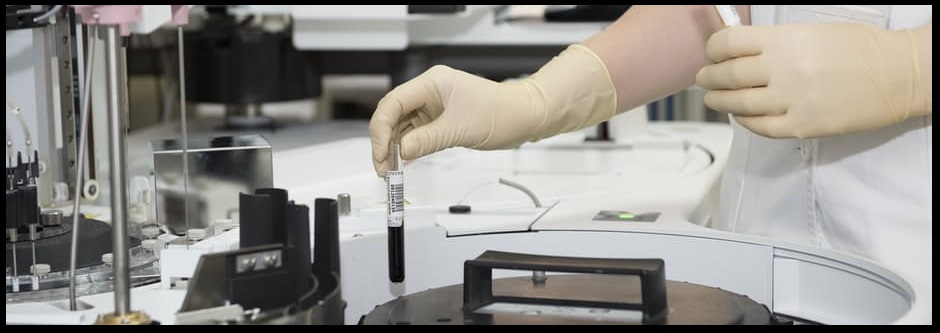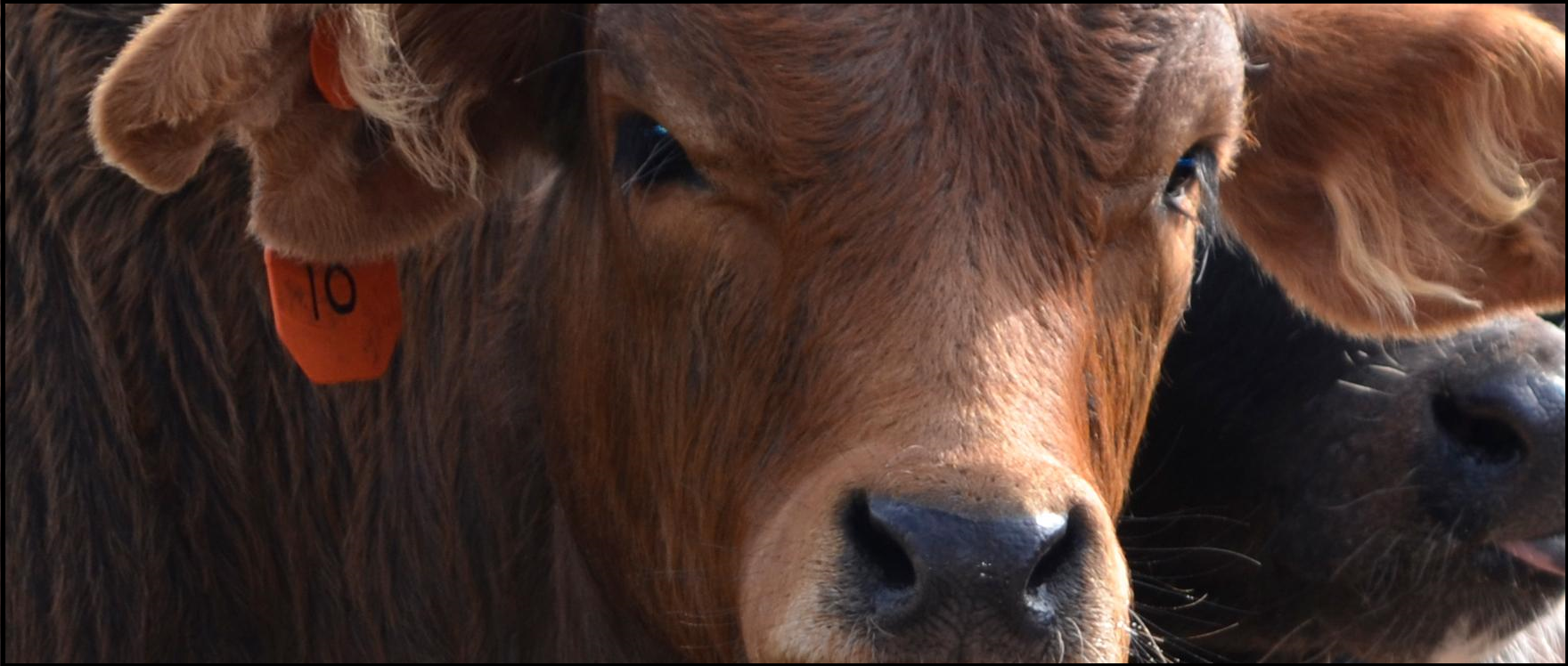What were your main duties and responsibilities during the course of your internship?
I carried out a variety of tasks over my internship, including creating case studies from the data of existing customers, analysing data to gain an understanding of charging cycles, blog posts for the website, and basic organisation and “tidying up” of the company dropbox account. I also worked on several excel spreadsheets that are in use with the company, to fix any errors and improve usability and appearance.
What would you say was your biggest achievement over the course of your internship?
I worked well under pressure, and during days when a lot was going on and others were getting stressed, I was able to remain calm and help lighten the workload for my colleagues. I have also largely improved my excel skills, and I am proud that I successfully solved any problems I was faced with when working on the spreadsheets. In addition, I am pleased with my independence and ability to get on with a task, but equally I felt comfortable asking for help when I needed it.
What benefits did your internship bring to your employer?
The work I carried out was to a high standard and will help the company keep track of the work they do, saving them time and problems in the future. I was also able to carry out tasks for my colleagues that reduced their workload during busy periods.
Did you encounter any problems during the course of your internship and if so, how did you overcome them?
There were some research tasks that I was unable to find complete information on, so I collated all that I could find and presented that.











